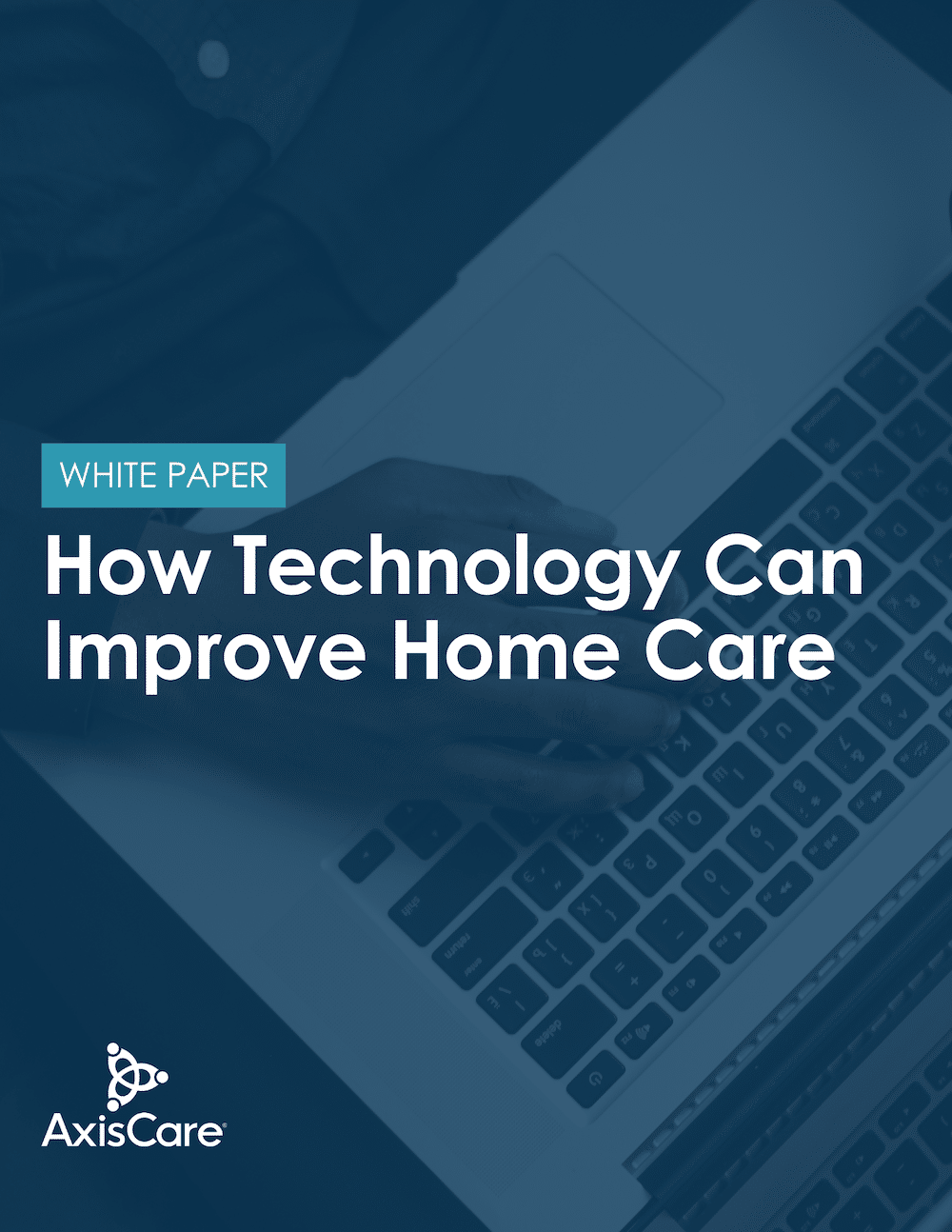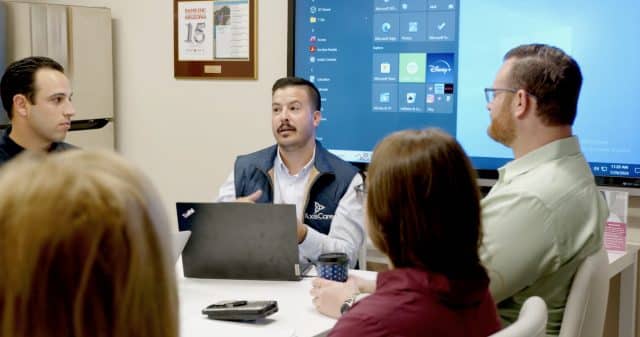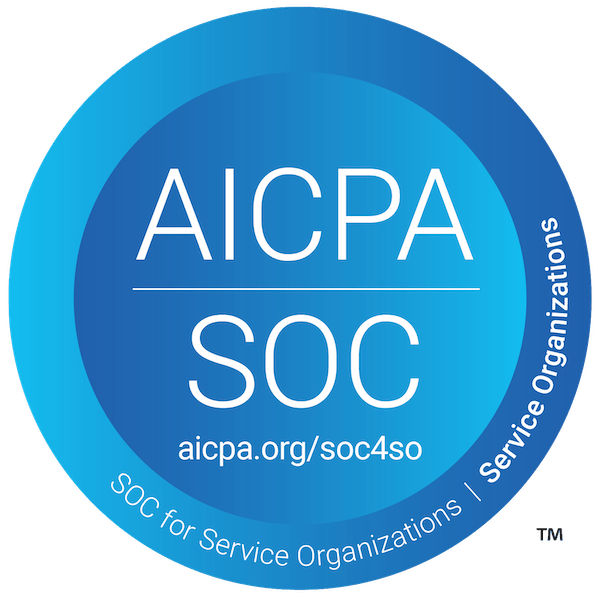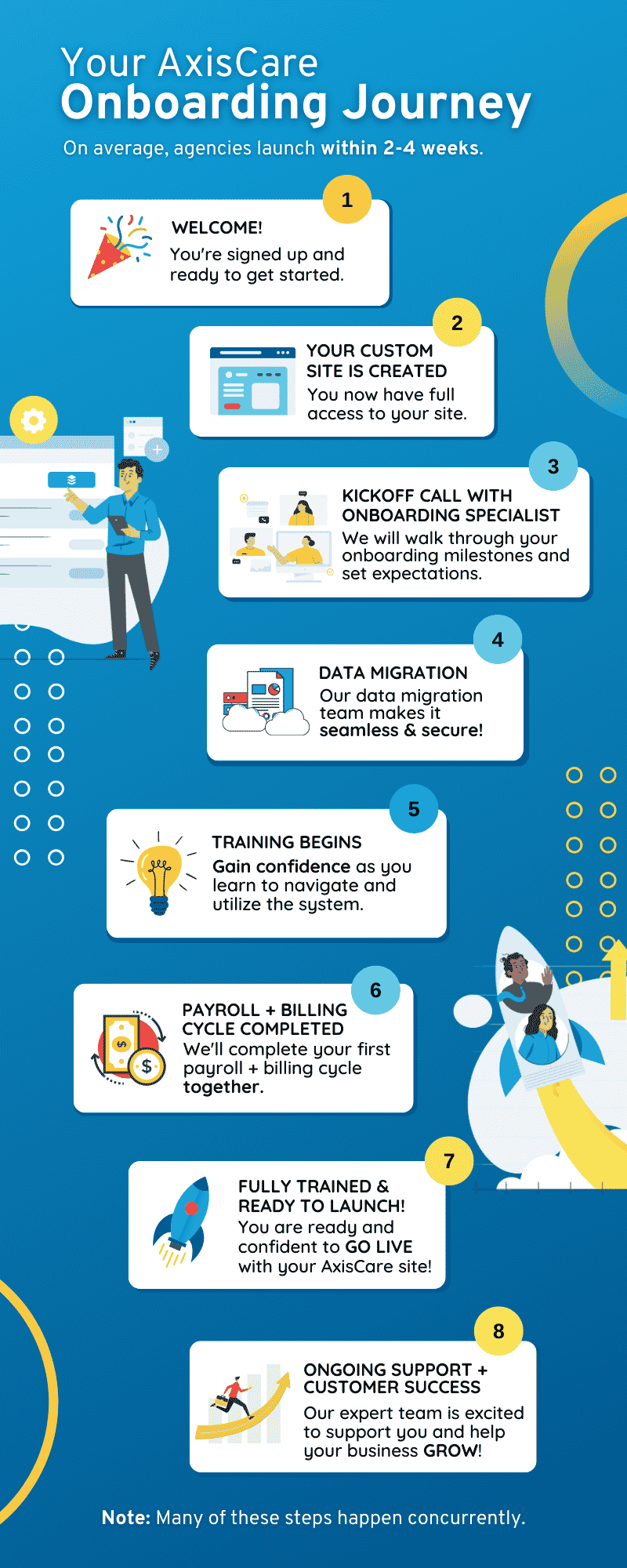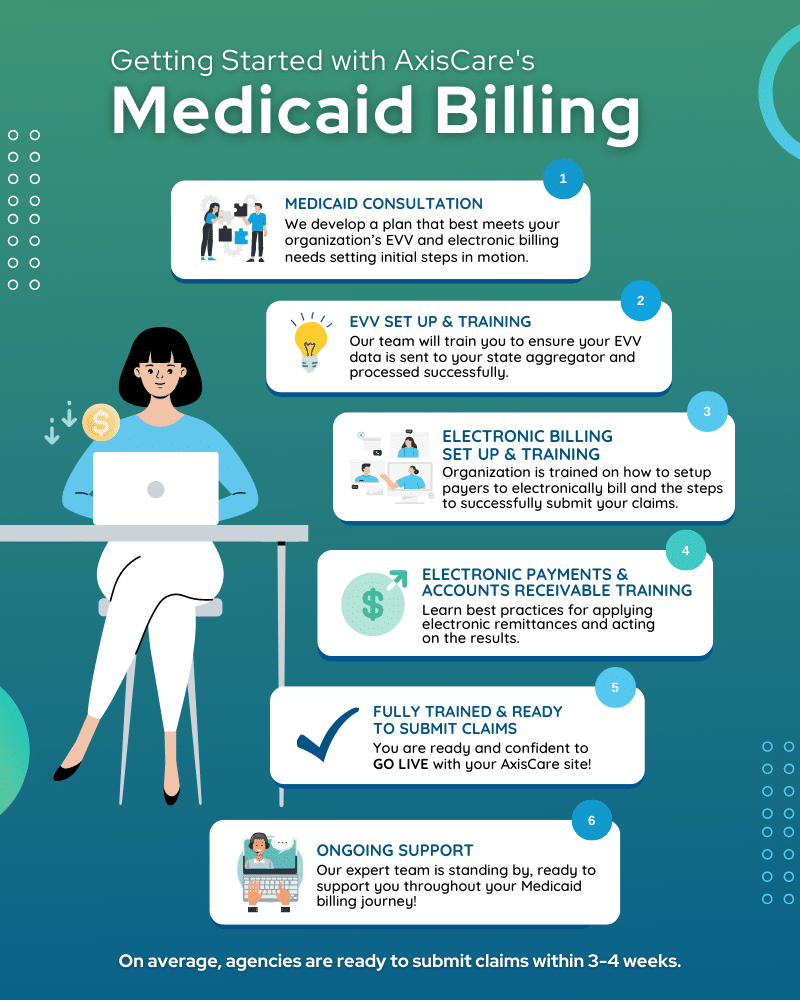How Technology Can Improve Home Care
The home care industry is evolving with advancements that could revolutionize way care is delivered. Exploring the key tech trends that will shape the home care landscape in the future is crucial. In this white paper, we will delve into the role of technology in improving home care and how it can address the unique needs of individuals requiring care.
Informed by the expertise of AxisCare’s CTO/COO, John Atkinson, and VP of Engineering, Kevin Smith, this paper reflects their perspectives on home care and the technology influencing the industry. Their extensive knowledge and experience lend weight and authority to the insights and trends discussed in this paper.
Download to continue reading…
